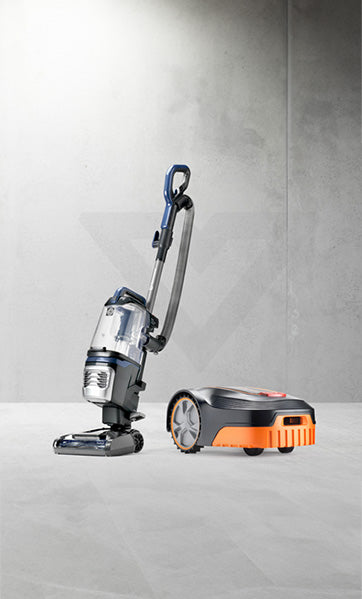-
Free Next Day Delivery
-
Direct from the Brand
-
UK Customer Support
Home Composting Garden Waste
3 Min Read
- Tips
Share

Home composting is a simple way to dispose of garden waste, helping the environment and saving money in the process.
Anyone can turn their garden waste (and some of their household waste) into compost, which can then be added back into the soil to replenish nutrients and keep the garden blooming.
What do you need?
You will need somewhere to house the compost and a garden tool like a spade to turn the compost periodically.
For best results we recommend investing in a good quality compost bin with a lid. Available in most garden centres, compost bins are purpose-built to hasten the decomposition of organic matter, providing optimal aeration and moisture retention.
What can you compost?
It is essential to have a good mix of waste in your composter to aid decomposition.
Types of waste fall broadly into two categories; green, and brown. To maintain a good composting environment, a balance of both green and brown materials needs to be added. Too much green waste and the compost will become slimy and smelly. Too much brown waste and the composting process will be very slow, or worse, will never begin!
The following garden waste can all be composted:
- Grass cuttings (green)
- Annual weeds (green)
- Leaves and other prunings (green and brown)
- Waste vegetables and peelings (green)
- Animal manure (from herbivore animals only) (green)
- Old compost (brown)
- Hay and Straw (brown)
- Shredded paper (brown)
- Newspaper and non-glossy cardboard (brown)
Pro Tip: hair and dust collected in your Vacmaster vacuum cleaner can also be added to the composter(!), along with tea leaves, coffee grounds and eggshells.
Things to avoid
Not everything found in the garden is suitable for the composter. Avoid the following:
- Cat/Dog Excrement - as these carry disease
- Hard objects like stones, metal and plastic
- Garden chemicals - it is important not to compost grass clippings that have recently had weed and feed products applied. Always check the label.
- Cooked food - this can attract unwanted wildlife

How long will it take?
This depends on what you have in the composter, the size of the composter and the ratio of green to brown materials.
Generally, the larger the compost bin and warmer the conditions, the quicker the decomposition process. Adding slightly more green waste than brown waste will increase the temperature in the compost bin. Be sure to position the compost bin in a sheltered, sunny position and on well-drained soil to make it easier for worms and other micro-organisms to enter it. And make sure to keep the lid on your compost bin to retain the heat.
Natural activators like grass and nettles, urine and animal manure from herbivore animals all help to speed up the decomposition process. It’s also possible to buy activators from the garden centre which are particularly useful in the Winter months as the compost cools down.
Good air circulation is important. So make sure to regularly turn the material using a spade or fork. Scrunched up newspaper is also great for adding air pockets into the composter.
Pro Tip: Prevent the compost from drying out by adding water from time to time in very dry weather.
How will I know when it’s ready to use?
The compost is ready to use when it becomes brown and crumbly, resembling soil. This can take anywhere from 3 months to a year, depending on the conditions in your composter.
Simply spread it on top of your soil as a mulch in late autumn or early spring to improve soil quality and act as a slow-release fertiliser to keep the garden blooming.
Pro Tip: Mulching (spreading a layer on top of the soil) rather than digging the compost in also has the benefit of acting as a natural barrier to weeds. The worms will do the hard job of mixing it into the soil. After several years of mulching your soil quality will be much improved!
